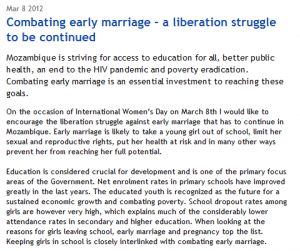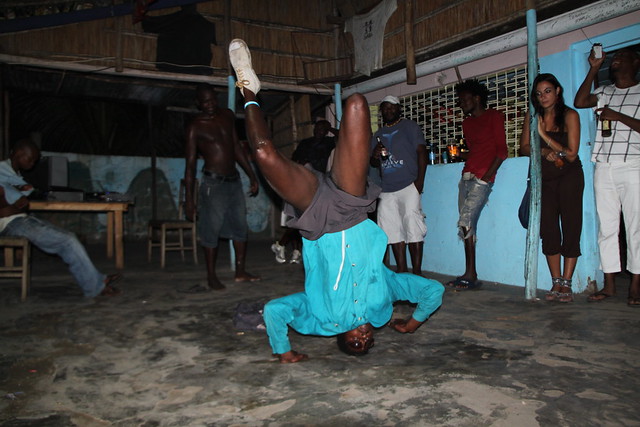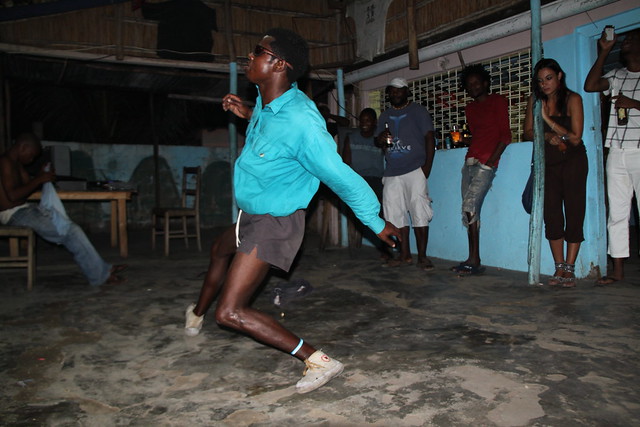Already on our first day, we spoke about there being something mysteriously beautiful about the little kingdom of Swaziland, both it in the smiles of the people and in the breathtaking landscapes. On the second day, when we got to see the animals, there was no doubt about it – Swaziland is a magical place.
We arrived to Swaziland early in the morning and drove straight to Shewula mountain camp which is a community camp located on the top of a mountain, overlooking a valley. We got our huts and sat for a while on the rock before we had lunch and got a tour around the area.
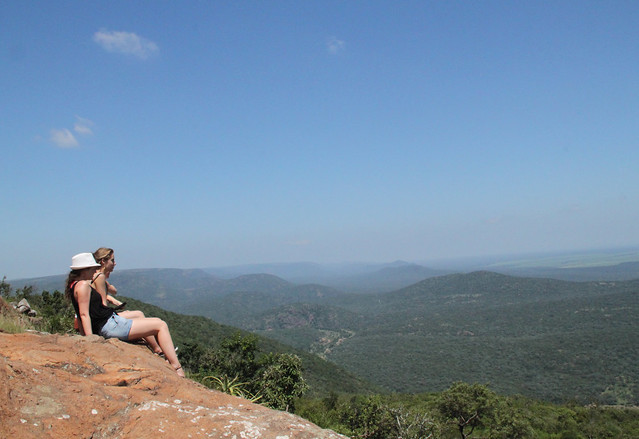
We walked through never ending fields and I kept wondering whether the guide had any idea where he was going. We followed the rhythmic sound of drums until we ended up in a place with six huts and some sort of celebration where every single person except the youngest was as drunk as drunk can get. The people were dancing, falling over each other and laughing. Ladies were jumping around with infants on their backs, little heads wobbling back and forth and toothless men were singing out loud with big cups of homemade beer in their hands. Somebody had some sort of a seizure that looked almost like epilepsy but wasn’t. It was strange. The people were happy to see us and they wanted us to dance, take photos and drink with them. I was entertained by the many smiles but concerned and saddened by the confused children with clear signs of malnutrition and vitamin A deficiency.


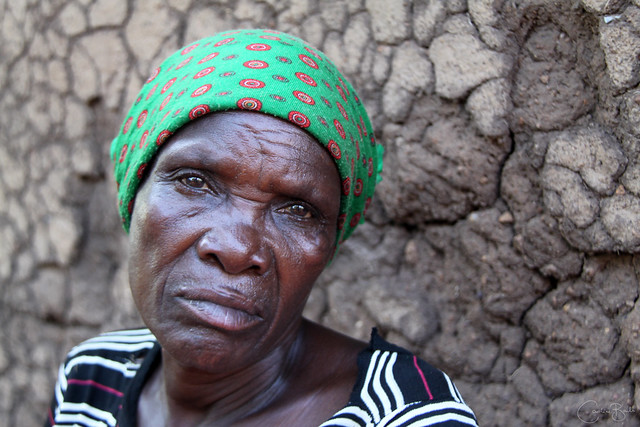

As we walked back to the camp I couldn’t stop thinking about how working in the field of development doesn’t allow one to naively enjoy these kinds of “attractions” the way I maybe could before, and how much working for the WFP changed me and my understanding of the importance of proper nutrition. Instead of meeting with a group of drunk and funny people that I could have filmed and uploaded to Youtube to laugh about, I had just had an encounter with living examples of many of Swaziland’s very serious social problems. I was thankful for being able to experience these moments in a different way now than I could before, with a wider understanding of what I am witnessing and of the effects and implications of my acting.
Swaziland sparked a lot of food for thought, I was contemplating the ways in which my travelling had changed the recent years and I spent time writing in my journal while sitting on the edge of the mountain. Around that time, the sun started setting, and except from some buzzing, we all enjoyed the silence, the fresh air and one of the most beautiful and crisp sunsets I have seen.

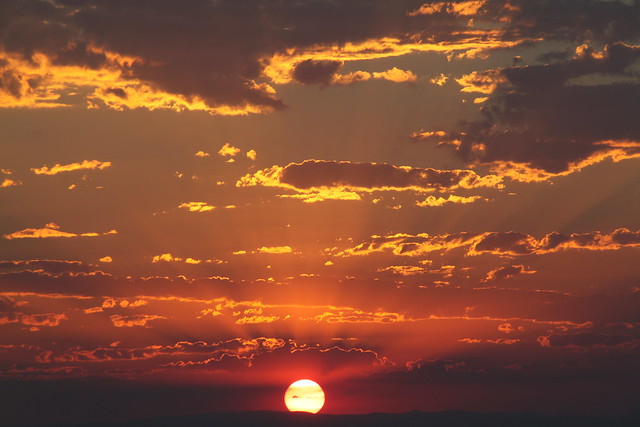
With the evening came our Swazi dinner. And the ladies who work at the camp had prepared something out of this world. It was as tasty as it was colourful and fresh, the chicken in some sort of peanut butter sauce had just been killed, and there were sausages, something green, something orange, potatoes.. and ah.. I just couldn’t stop eating even when I was completely full. It was without any doubt the best meal I have had in many months.

And as if the day couldn’t have gotten any more special, the black sky started lighting up just when we had finished eating. It was thunder, in the distance, silent and just the way I love it. We took our torches and went out to the rock again, watching and smelling the violent storm as it was approaching. The thunderbolts were striking down all around us and when it came really close we decided that we didn’t want to stand exposed out there, so we hid in a hut together with the ladies that had cooked for us. They were very afraid and they had put the lights out and the gas stoves off, tea was not an option and it was absolutely forbidden to touch milk while the storm was close – because it’s from the cow! I still don’t get that part.
The storm continued for a while and some of us went outside to stand under a small roof and watch it strike and the sky light up in a way that was completely unpredictable and random. The storm passed and we had that cup of tea we had been waiting for, then we ran through the mud and jumped into our huts.

Even sleeping was amazing in Shewula. The silence on the top of the mountain, the fresh air that was coming in through the grass roof and the morning light that woke us up. We started the day looking out over the valley again and I felt very rested and in harmony.

Some of us decided that we wanted to see more of Swaziland so we drove off in our car, playing local radio stations and bumping to African techno and other entertaining music. We were driving on beautiful roads with the Swazi landscapes all around us and people were waving their hands as we were passing, giving us the thumbs up, always smiling. Not sure about where to go we just picked the closest place we could find. We soon realized that we had chosen the best of the parks that Swaziland has to offer, just like that, because it was that kind of weekend.

We ate really tasty food at almost no cost at the Hlane National Park and took a stroll around the area while waiting for our guide. The first animals we met were a big group of rhinos and hippos that approached us and stood just two metres away behind a small electric fence that was separating the restaurant and camp from the rest of the park. I was enchanted. By the way the animals were interacting with each other, by the way there were curious about us and by their rough skin and little black eyes. One of the hippos showed me its tounge for staring too much! haha


It was just the three of us going for a guided tour in a huge jeep and with a guide named Maxwell, so we got to decide what we wanted to see first. The lions! we said, which Maxwell answered would be a difficult task. It proved not to be, because almost just as we had entered the closed lion section, we saw a lion sleeping in the grass. Maxwell drove up very close to it and it didn’t even bother to lift its head. We were watching it and Maxwell was whispering, telling us about the life of lions, about how they hunt and about how they can jump two metres to attack. Just as he said that, the lion suddenly stood up and looked very angry. Maxwell jumped down into his seat, trying to start the car, his whole face melting with fear. I saw the lion coming closer and hid my head between my knees as Maxwell got the jeep started and backed away. I looked up when we were a bit away and saw the lion again. It gave us a big yawn, showing off its fangs, and smiled. Then it roared five times. Two long and three short roars, and Maxwell explained that people used to say means: Who is the king?! Who is the king?! It’s me, it’s me, it’s me.
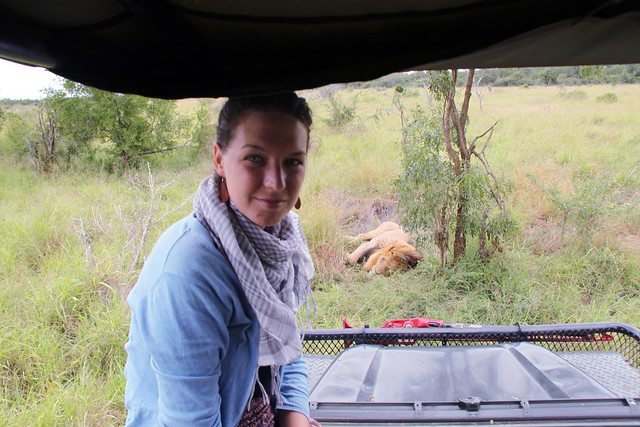


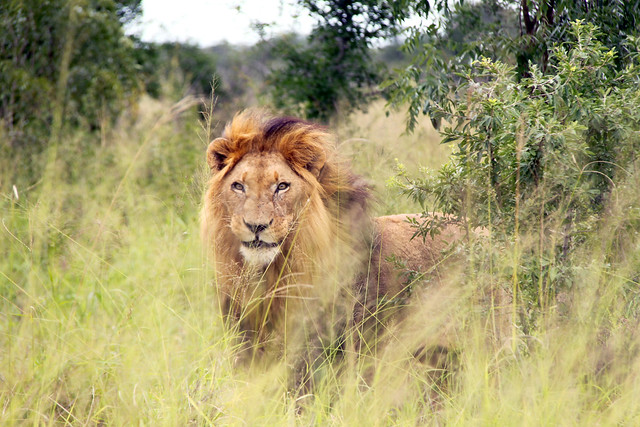
We drove on and watched a beautiful elephant drink endless amounts of water, a curious giraffe eating and chewing loudly just like a camel, a lot of pretty impala skipping around and some random birds. And a Pumba! Overall, it was clear that the park was the animal’s territory and not the other way around. They were deciding whether we could see them or not and how close we were allowed to approach them. It was a very powerful feeling to stand a bit away from an elephant, knowing that it was aware of your presence and that if you didn’t respect it, it had the power to kill you. Suddenly, just like that, we weren’t the masters of the situation or the top of the food chain and it was as scary as it was beautiful to be inferior to these animals. I asked Maxwell whether he had a weapon in the jeep in case something would happen, he did.
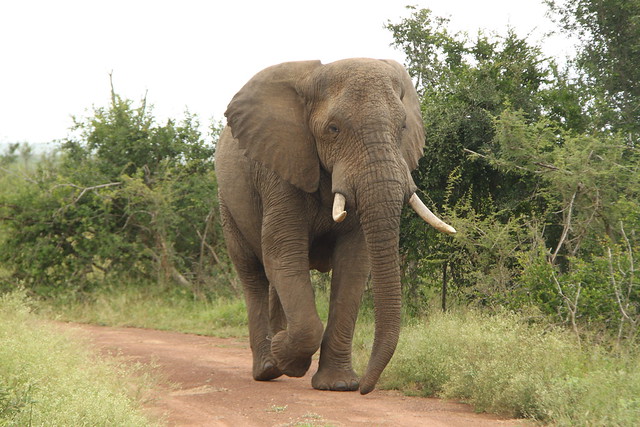
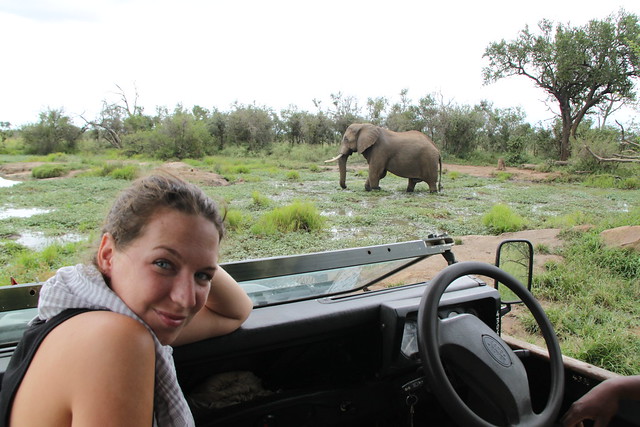
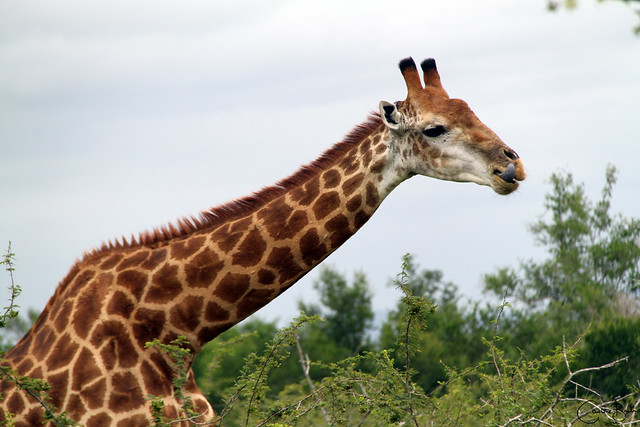

We got back into the car and I got to drive on our way back to Mozambique. Driving on the left side of the road for the first time in my life didn’t feel as weird as I had expected and I was very happy to finally do so. There was a lot to think about after these two days of thought provoking experiences and moments. Thinking about it now, I am convinced that I will be going back, to get more of those smiles, more of the Swazi air, more of the animals, and more of that magic.

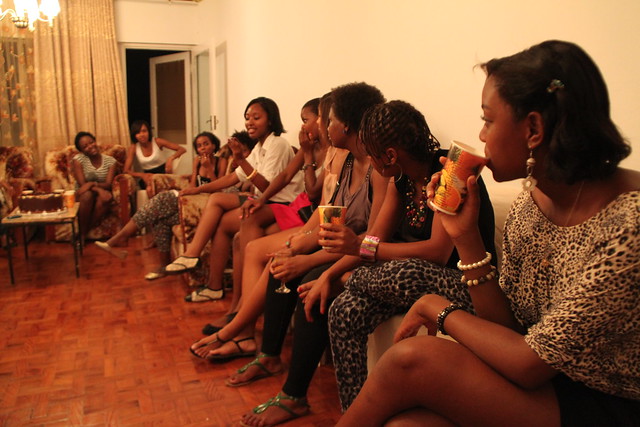

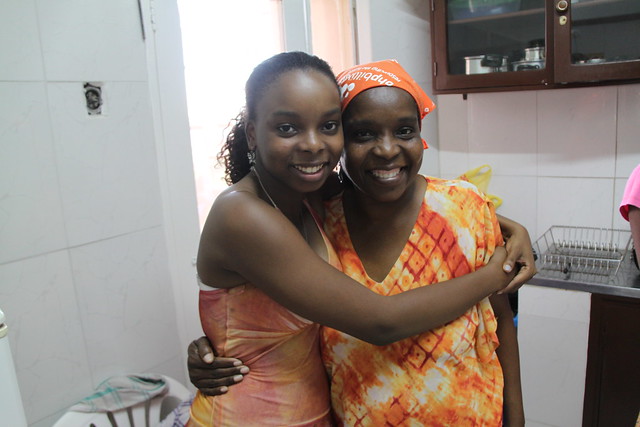
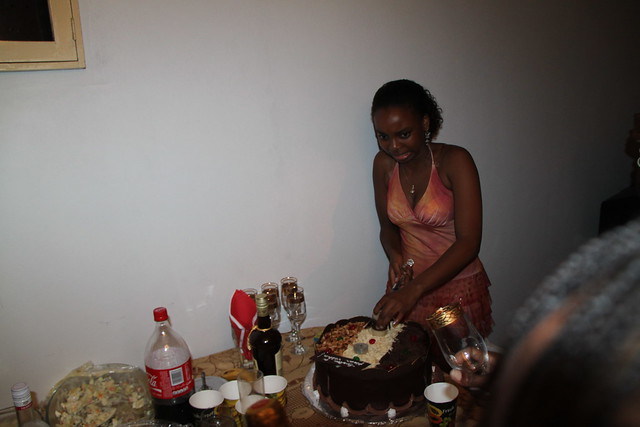
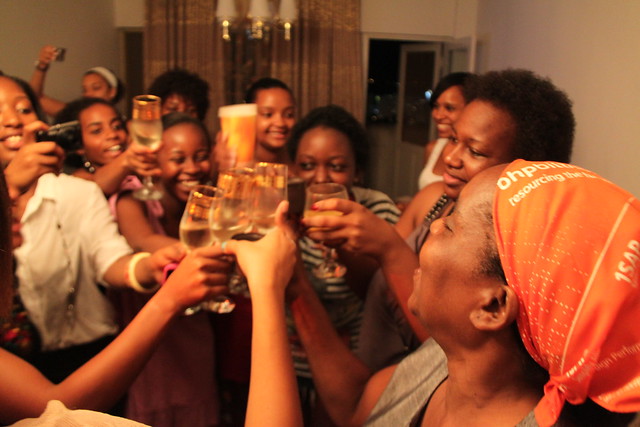
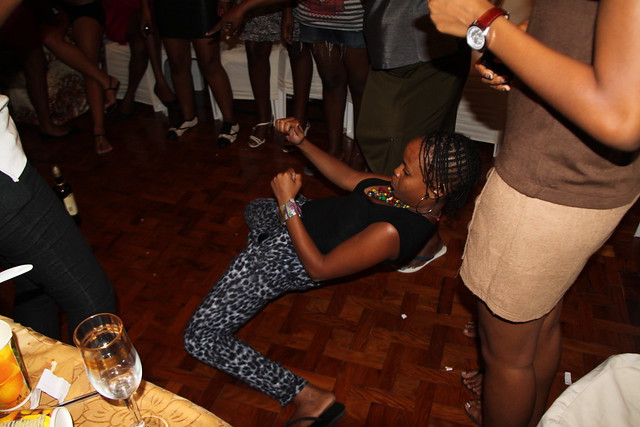
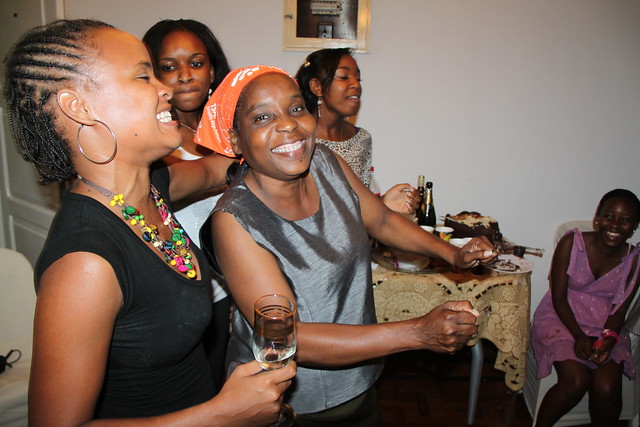
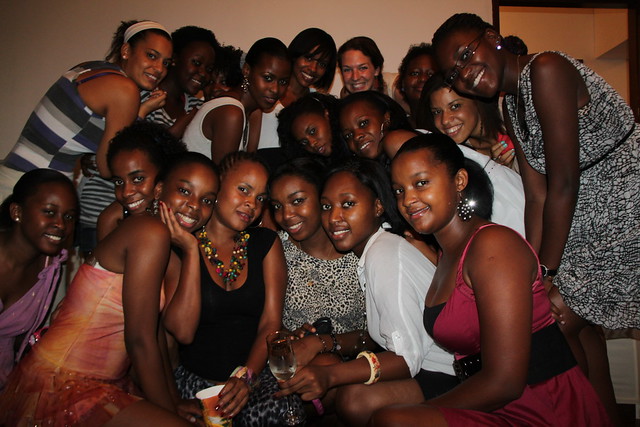
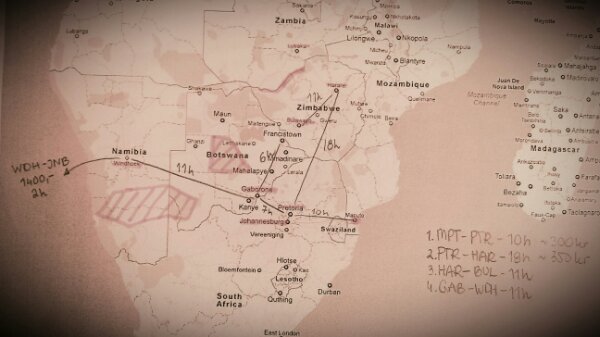
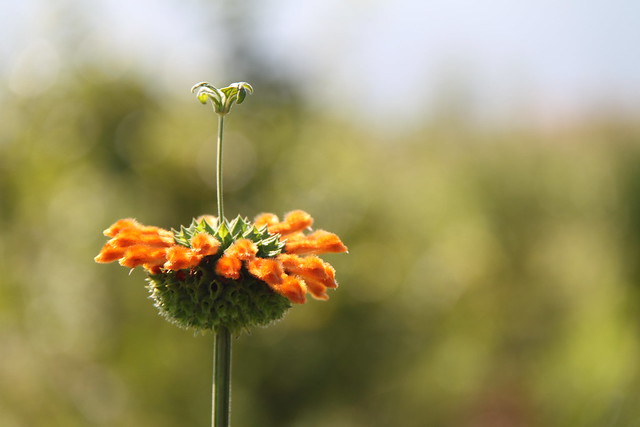
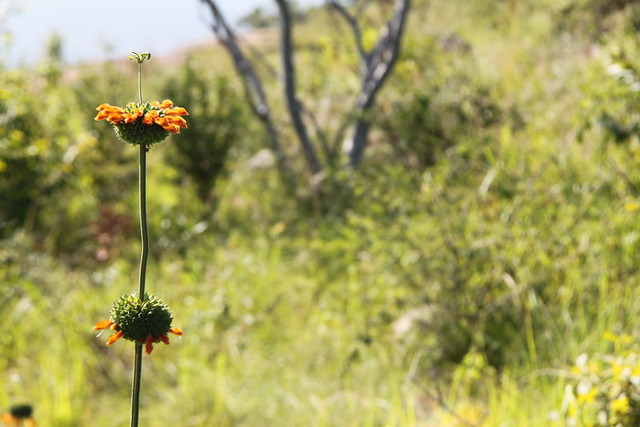























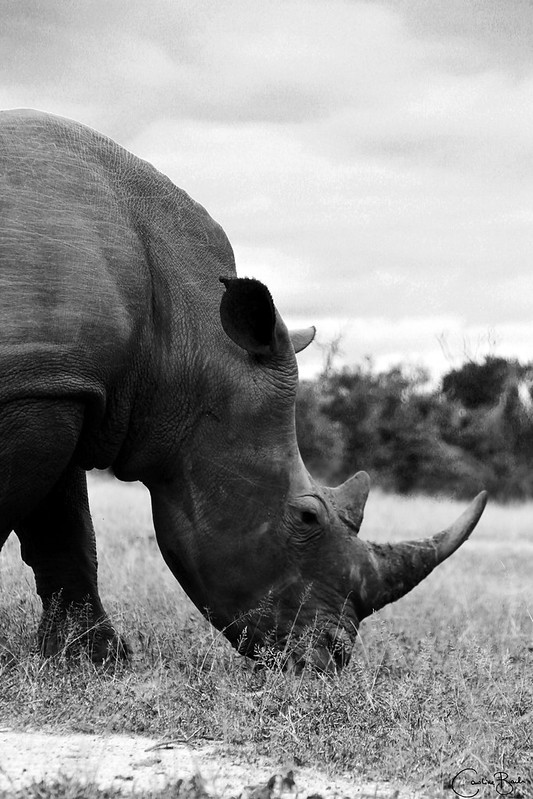

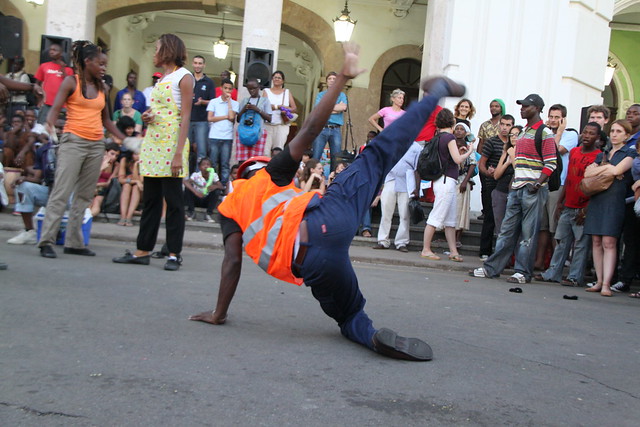
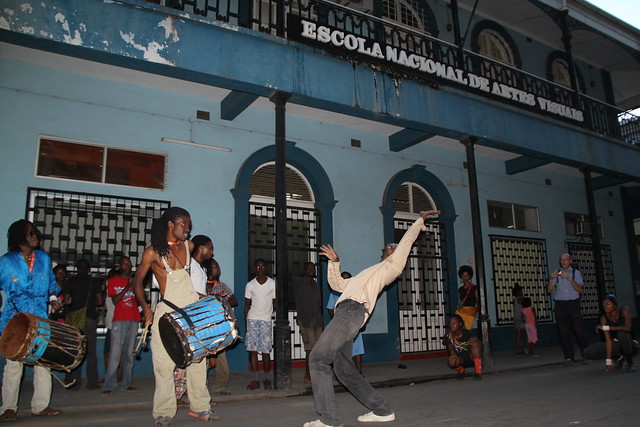

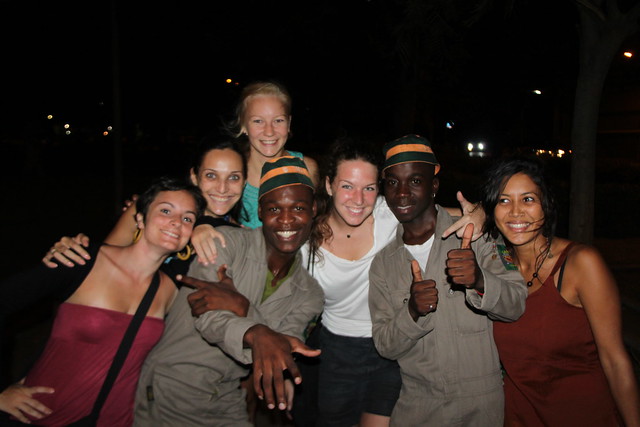
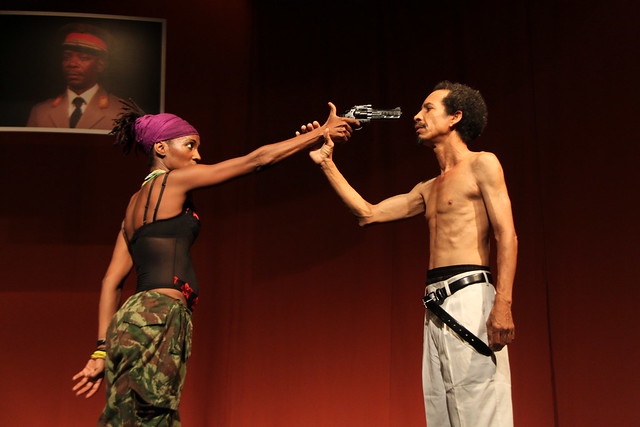
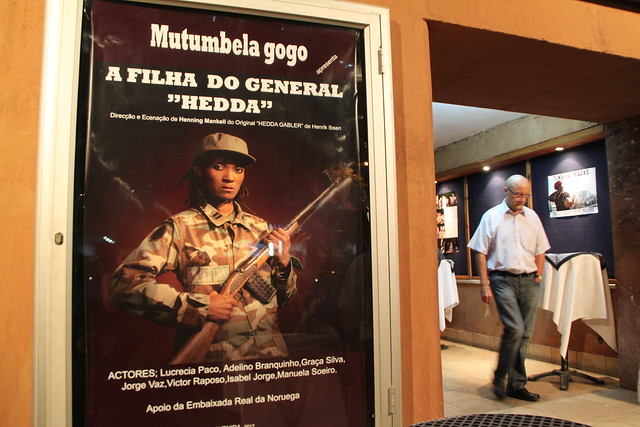
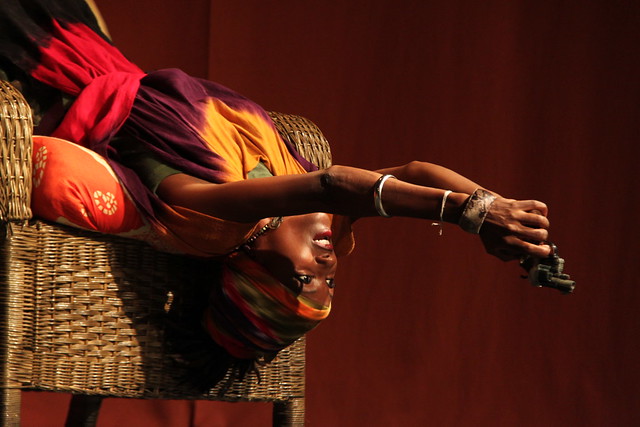

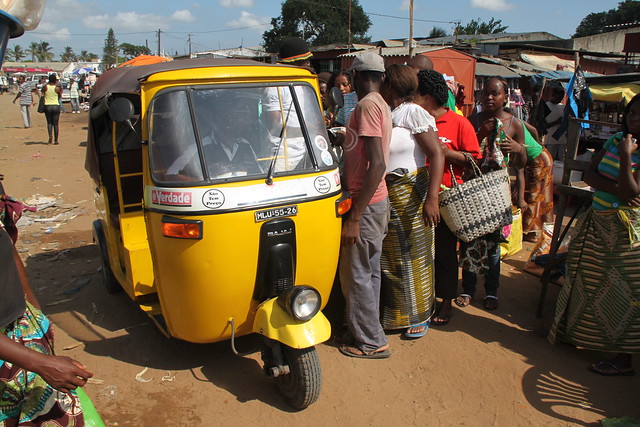

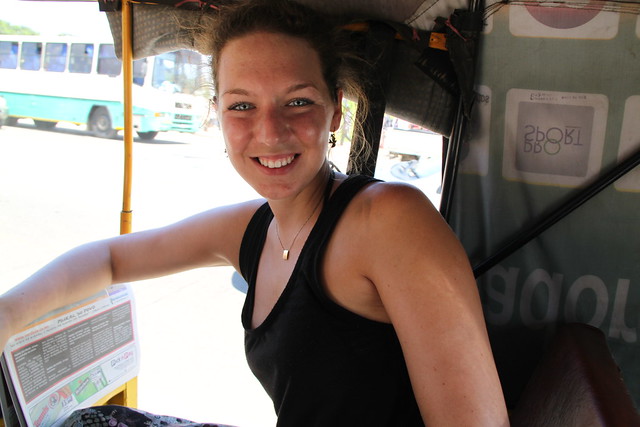
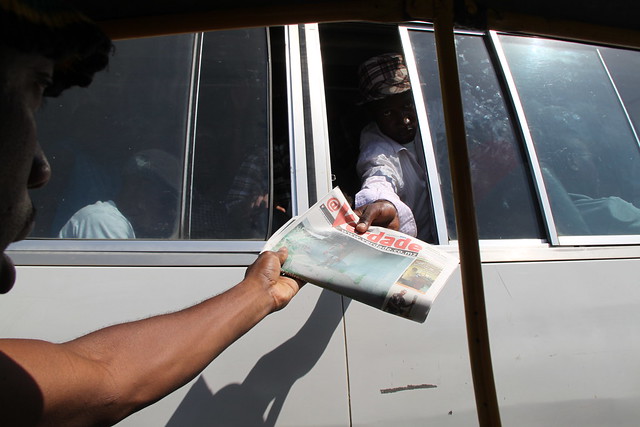

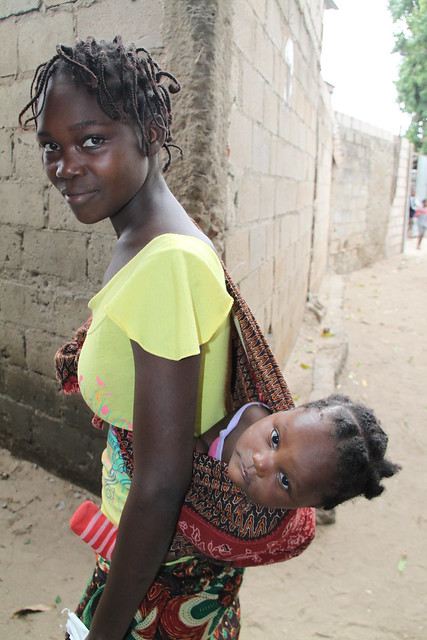 I met this girl in Mafalala, she is 17 years old and the name of her little son is Antonio.
I met this girl in Mafalala, she is 17 years old and the name of her little son is Antonio.